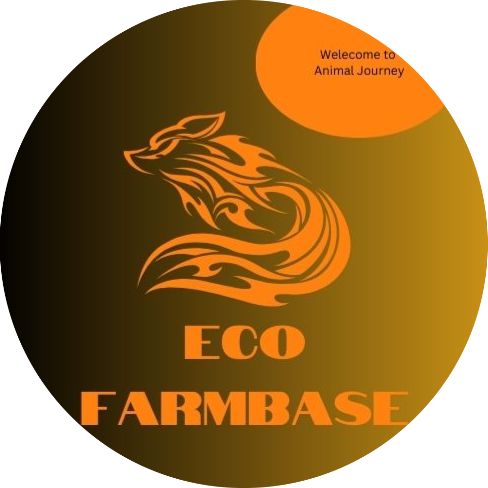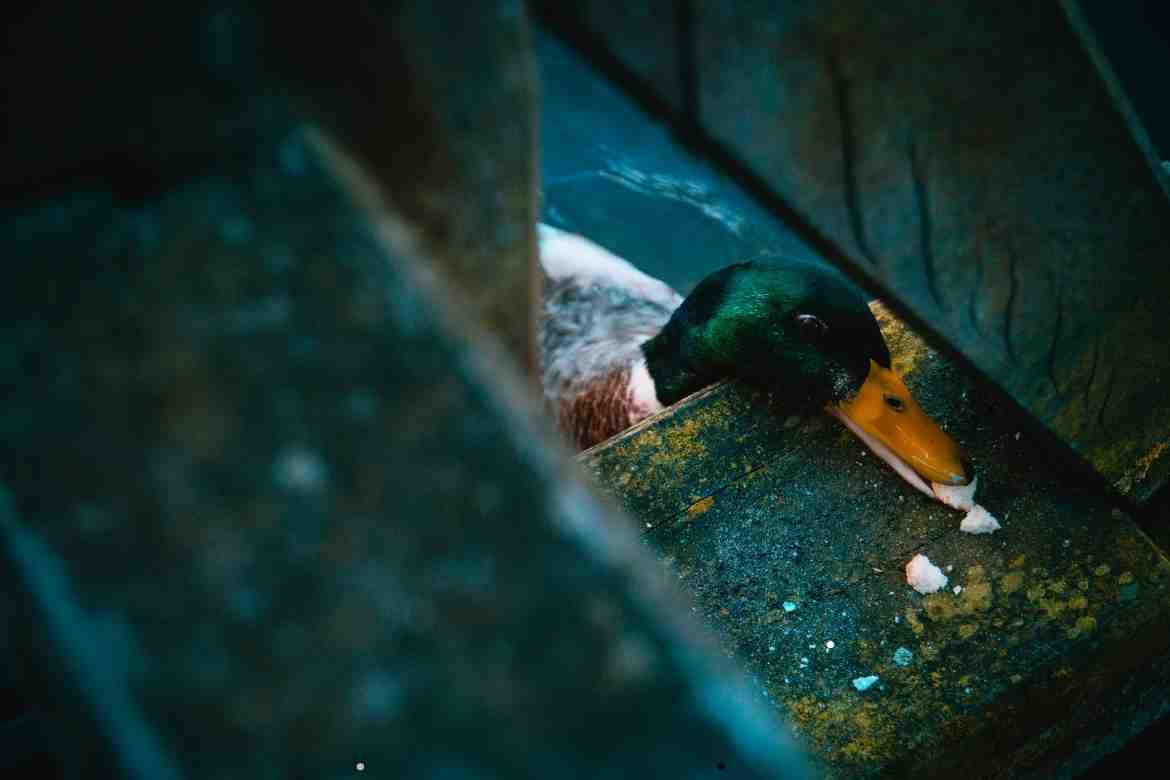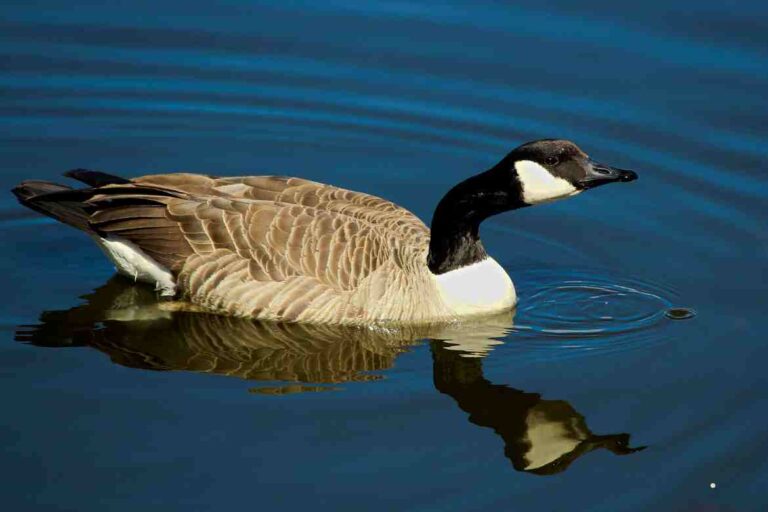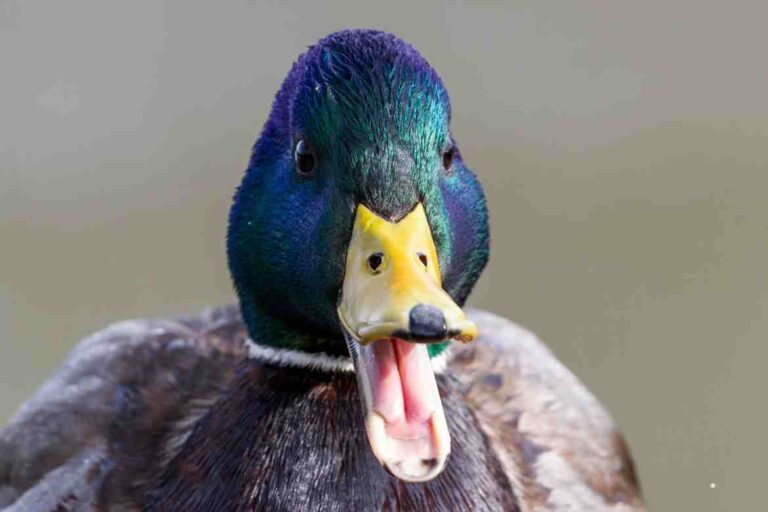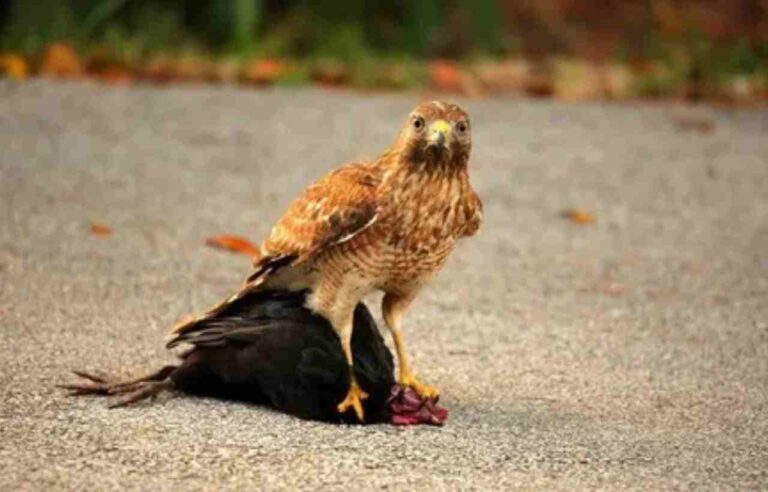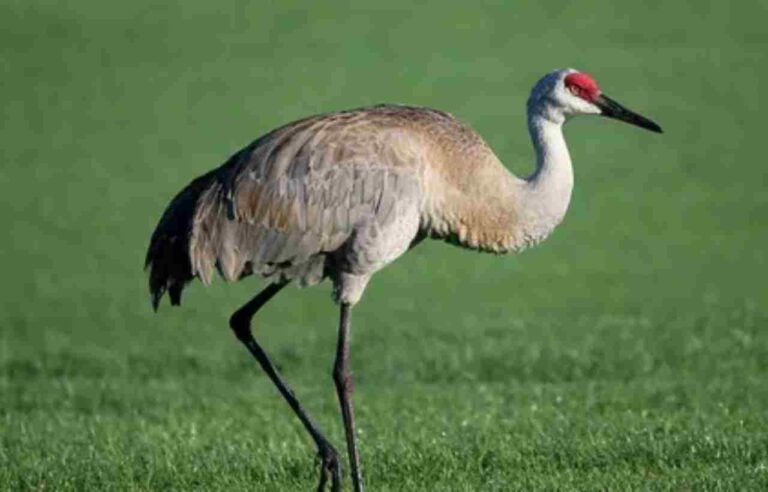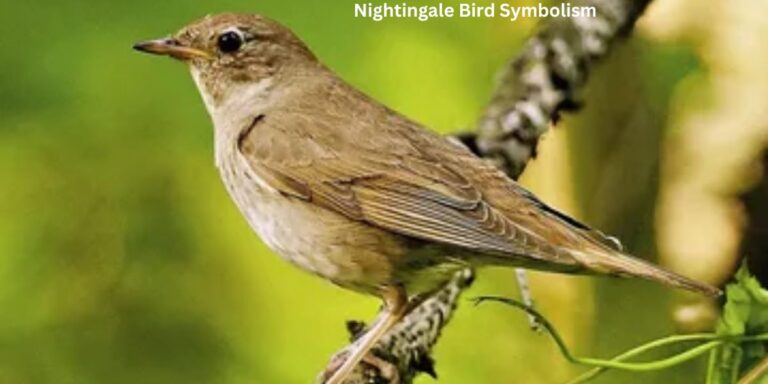What Do Ducks Eat In The Wild?
What Do Ducks Eat In The Wild? Ducks in the wild are adaptable eaters, thriving on a diverse diet tailored to their environment. Their primary food sources include aquatic plants like duckweed, algae, and water lilies, which provide essential nutrients. They also feed on insects and small crustaceans found in wetlands, making them important for controlling insect populations and contributing to ecosystem health.
Ducks possess specialized bills designed for filter-feeding, allowing them to skim the surface of water efficiently. This unique method enables them to consume not only plant matter but also tiny microorganisms that flourish in their habitats.
What Do Ducks Eat?

Ducks are omnivorous birds with a surprisingly diverse diet, which varies based on their habitat and the season. In natural settings, ducks often forage in shallow waters, dabbling for aquatic plants, seeds, and small organisms like insects and crustaceans. They exhibit a unique feeding behavior; by tipping forward and submerging their heads while keeping their tails up in the air, they can access food sources otherwise overlooked by terrestrial birds. To learn more about their eating habits, check out what do ducks eat.
Dabbling and diving ducks
Ducks in the wild exhibit fascinating feeding behaviors that reflect their diverse diets and ecological roles. Dabbling ducks, known for their distinctive feeding style, usually tip forward to forage in shallow waters. What do ducks eat in the wild? Their diet typically consists of aquatic plants, insects, small fish, and seeds, showcasing their adaptability to different habitats.”
Their diet primarily consists of aquatic vegetation, seeds, and small invertebrates found near the water’s surface. Interestingly, dabblers can also benefit from seasonal changes; during warmer months, they gorge on insects and larvae, helping them build energy reserves for migration. For more on their dietary habits, read about can ducks eat chocolate? Precautions to know.
Aquatic plants
In the wild, ducks are versatile foragers with a varied diet largely composed of aquatic plants. They thrive in habitats where shallow waters teem with lush vegetation, including duckweed, pondweed, and water lilies.
These plants not only provide essential nutrients but also offer shelter from predators, making them vital to a duck’s survival strategy. Ducks adeptly dabble on the water’s surface or dive underwater to snatch these greens, exhibiting remarkable adaptability in their feeding techniques.
Beyond mere sustenance, the consumption of aquatic plants plays a crucial role in ecosystem health. As ducks forage through these vegetative layers, they help control plant overgrowth and promote biodiversity by dispersing seeds as they move between feeding grounds.
Other plant matter
In the wild, ducks are omnivorous foragers with a diverse diet that reflects their adaptable nature. They often graze on aquatic plants, including roots, leaves, and seeds of various species such as water lilies and cattails. They scour the muddy bottoms of ponds and lakes for small invertebrates like snails and insects, providing an excellent source of protein essential for their growth and survival.
Beyond plant matter and invertebrates, ducks also consume grains when available. Fields near wetlands can be a treasure trove for these birds; crops like rice or corn quickly become favorite dining spots during migration seasons.
Fish

Ducks in the wild have a remarkably diverse diet that reflects their adaptability and the ecosystems they inhabit. While many people might envision ducks nibbling on seeds and bread crumbs, their natural feeding habits are far more complex. These waterfowl primarily forage for aquatic plants, insects, and crustaceans—elements essential to their nutrition. In ponds and lakes, they often dive for roots and tubers or dabble at the surface to catch small creatures lurking in the vegetation.
Snakes and reptiles
In the wild, ducks are versatile omnivores with a diverse diet that varies based on their habitat and the season. Aquatic plants form a significant portion of their meals, as they dabble at the surface or dive to forage for roots and seeds. In freshwater environments, you may find them nibbling on algae, water lilies, and duckweed.
What Do Ducks Eat In The Wild? This plant-based diet is complemented by insects and small crustaceans; ducks often sift through mud and vegetation to uncover these protein-rich treasures essential for their growth. What do ducks eat in the wild? Their diverse diet plays a crucial role in their overall health and the ecosystem.
Final Thought:
In the wild, ducks have a diverse diet that primarily includes aquatic plants, insects, small fish, and crustaceans. They forage in wetlands and ponds, using their bills to filter food from water and mud. Seasonal variations can affect their diet, leading them to consume more grains and seeds during certain times of the year. Understanding what ducks eat in their natural habitats can help us appreciate their role in the ecosystem and promote conservation efforts. So next time you spot a duck, take a moment to observe its feeding habits and reflect on the importance of preserving their environment.
FAQs:
Is it okay to feed wild ducks in parks?
It’s best to avoid feeding wild ducks as human food can disrupt their natural foraging habits and health.
Can ducks eat raw onions?
No, ducks should not eat raw onions as they can be toxic to them, causing potential health issues.
What vegetables are safe for ducks to eat?
Safe vegetables for ducks include lettuce, kale, carrots, zucchini, and cucumbers—always chopped into manageable pieces.
- Mexican Red Headed Bird: A Brilliant Avian Wonder - January 16, 2025
- Can Turkeys Eat Bread? - January 15, 2025
- crocodile and plover bird relationship articles for students - January 12, 2025
